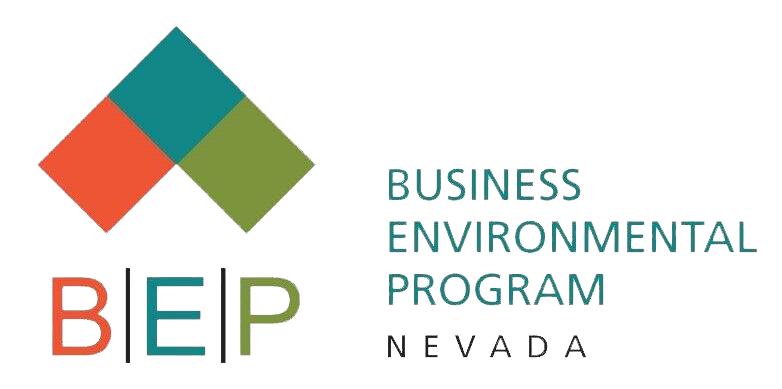Does your facility need a CAPP permit?
If you are a business in Nevada that works with highly hazardous substances such as Ammonia, Chlorine, Mercury, Methane, or others, you might need a permit with the Chemical Accident Prevention Program (CAPP). Administered by the Nevada Division of Environmental Protection’s Bureau of Air Pollution Control, CAPP requires two permits for facilities across the state that use highly hazardous substances: a construction permit and an operating permit.
CAPP is designed to make sure that facilities with highly hazardous substances are using safe practices and keeping everyone in and around the facility safe from any potential accidents that can occur. Facilities must evaluate and mitigate hazards, develop an emergency action plan, and alert the public along with other safety precautions.
For more information about the CAPP program, download the CAPP brochure and click on the links for CAPP Regulated Substances and CAPP Permitting.
The permitting process can be lengthy, so getting started early is advised. If you would like assistance in determining if you will need a CAPP permit, please contact Eric Florio at eflorio@unr.edu.
